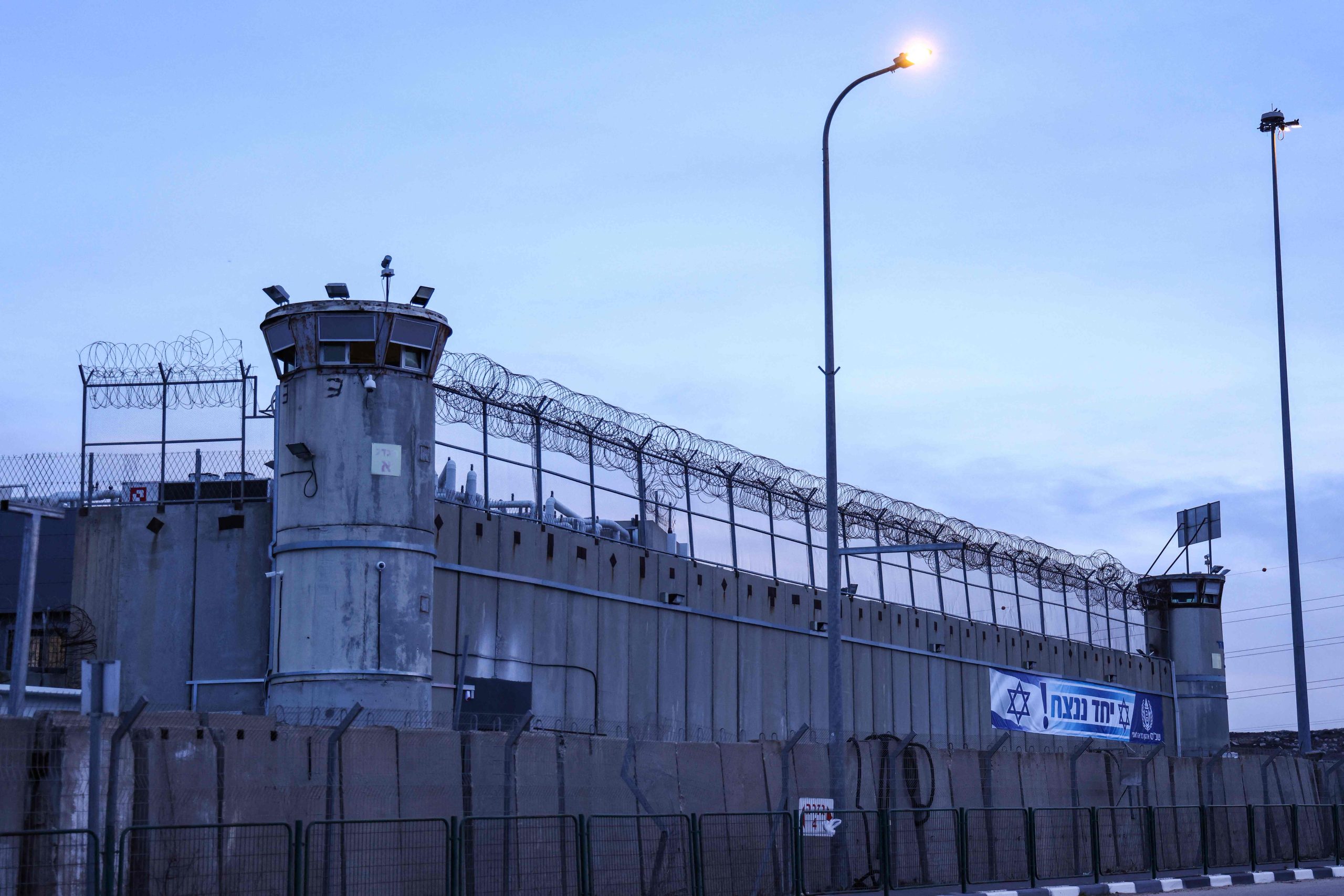Baraa Odeh, a Palestinian employee of Germany’s state-funded development agency, GIZ, has been detained in Israel for over a month, enduring alleged beatings and degrading treatment. She was apprehended by Israeli border guards on March 5 upon returning to Ramallah from a work trip to Germany. Despite being associated with a Western organization like GIZ, she was sentenced to three months of administrative detention without formal charges, causing distress to her family and sparking concerns about her safety.
Reports from her lawyer and family indicate that Odeh faced physical assault and harsh conditions while in detention. She was subjected to strip searches, verbal abuse, and beatings, exacerbating worries about her well-being. Her transfer to overcrowded prisons like Damon further raised alarms about the lack of proper facilities and medical care for detainees.
The situation reflects a broader trend of increased arrests of Palestinians by Israeli forces, particularly since October 7. Many are held under administrative detention, a practice where individuals can be detained without charge or trial for extended periods, often leading to human rights abuses. Additionally, concerns have been raised about the alleged use of torture in Israeli prisons, with prisoner rights groups highlighting the need for international attention and intervention.

GIZ, operating in Palestine since the 1980s, focuses on various development projects and is funded by the German government. Odeh’s case has prompted GIZ to engage in efforts to understand the circumstances of her detention and ensure her well-being. However, the German government’s response has been critical of Israel’s administrative detention practices, emphasizing the importance of upholding human rights standards, particularly in conflict situations.
Despite being a technical adviser for GIZ with a decade of service, Odeh’s detention appears to be linked to accusations of involvement with a banned political group, allegations she denies. The lack of evidence presented against her underscores concerns about due process and the arbitrary nature of administrative detention. Meanwhile, the German Foreign Office’s acknowledgment of her case underscores the importance of diplomatic engagement in safeguarding the rights of individuals in detention.
As Odeh’s ordeal continues, her case highlights broader issues of justice, human rights, and international accountability in conflict zones. The response from both GIZ and the German government reflects a commitment to addressing the situation, but questions remain about Israel’s adherence to legal and humanitarian standards in its treatment of detainees.


